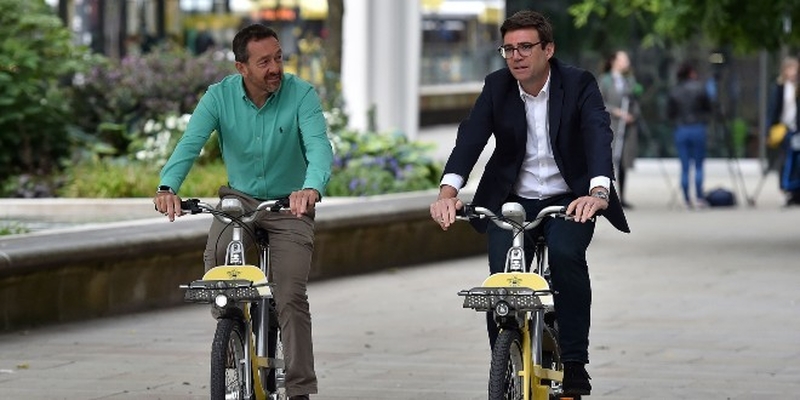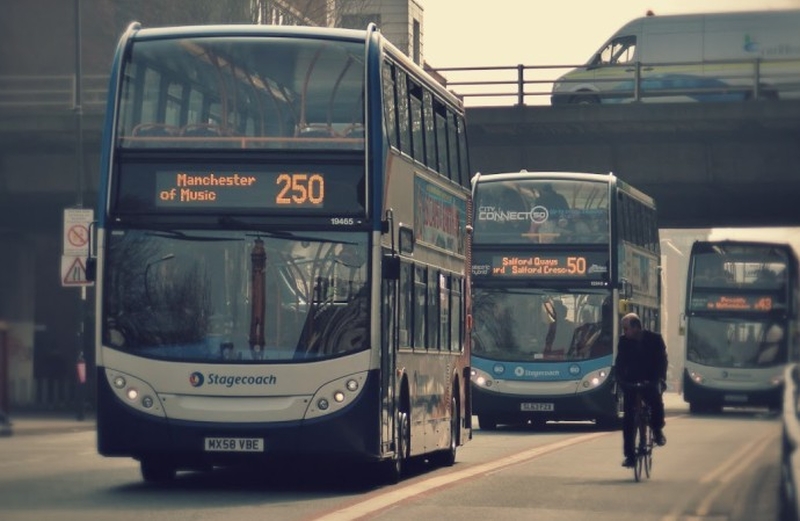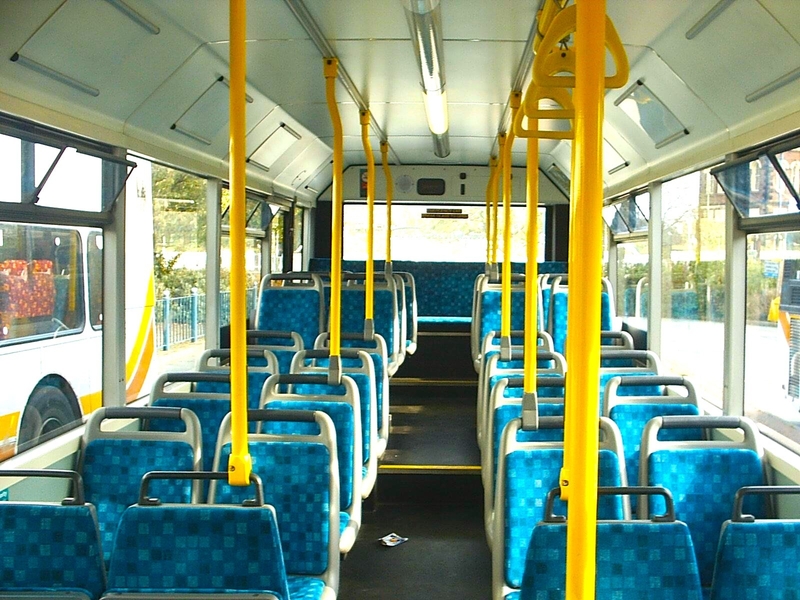The Court of Appeal ruling means bus franchising in Greater Manchester can go ahead
Andy Burnham's ambitious plans for transport can go ahead after the courts rejected an appeal by bus company Rotala against franchising in Greater Manchester.
We’re delighted that we have comprehensively defeated the last legal challenge in the way of bringing buses under public control.
The legal challenge was brought by Rotala appealed against a decision by the courts that the mayor could go ahead with radical transport reforms.
The chief of these reforms was to return buses to public control under the franchising system.
The policies are designed to give the Greater Manchester Combined Authority the ability to control not only bus services, fares and routes but also to allow the system to be more fully integrated with trams, rail, walking and cycling to make up the Bee Network.
The mayor said: "This is brilliant news for the people of Greater Manchester – and for anyone across the UK who cares about having a bus service that puts people ahead of shareholder profit.
"We were always very confident that GMCA had followed all correct legal processes and that the decision to franchise buses and bring them under public control was lawful and right. We’re delighted that we have comprehensively defeated the last legal challenge in the way of bringing buses under public control. The Court of Appeal’s judgment upholds the original decision of the High Court and unanimously rejects this appeal as without any merit."

The process so far
In June 2017, Greater Manchester Combined Authority (GMCA), using powers under the Bus Services Act 2017, instructed Transport for Greater Manchester to prepare an assessment of the bus franchising scheme for Greater Manchester.
Two consultations on the proposals have been held, the second of which was done to assess the impact that the Covid-19 pandemic may have on the bus market and the franchising scheme.
More than 12,500 responses were received across the two consultations, and the responses were in the majority in support of bus franchising.
Stagecoach and Rotala contested the bus franchising processes in court, but the High Court ruled that the decision to franchise bus services was lawfully carried out.
Stagecoach accepted the ruling while Rotala sought leave to appeal the decision on four grounds. The Court of Appeal dismissed two of those as "hopeless", however Rotala was granted leave to appeal on the other two grounds.
Rotala argued that a statutory audit of the pandemic impact report should have been carried out.
Writing in Rotala’s annual report, chairman John Gunn said the bus group was confident in its view that those elements of the decision where it had sought a judicial review were both irrational and/or unlawful. However, the judges did not agree with Mr Gun's assessment and today (25 July) handed down their judgment that the franchising process was legal.

Matthew Topham a Better Buses Campaigner at We Own It, said: “Today’s ruling is a massive victory and could be life-changing for many communities across the country, not just in Greater Manchester. For the first time in over 30 years, a bus network outside London will be integrated and planned for the benefit of local people, not distant shareholders.
"That means simple tickets you can trust to give you value for money. It means more routes to help end social isolation and boost local businesses. And it means powers to make buses more reliable, helping to end those frightening night time waits at dark bus stops. With Manchester setting the pace, now is the time for the leaders of other regions to put their foot on the accelerator and drive forward better buses too.”

A Diamond service?
Rotala, operating under the brand name Diamond North West, became the second biggest bus operator in Greater Manchester after it purchased routes and a depot located in Bolton from bus company First.
It was argued at the time that as Rotala challenged the power of the other operators in Greater Manchester, the market became more evenly distributed and increasing the potential for competition, undermining the need for franchising.
However, according to a report for the GMCA, Rotala, "have experienced problems because of driver shortages from them taking over service operations in August 2019 leading to wide-scale service disruption and significant gaps in services on frequent services, creating inevitable customer and stakeholder disquiet."
What now?
Rotala have suggested that in the case that appeal was not successful, they would offer to sell the Bolton bus depot and other assets in the area to the GMCA.
John Gunn wrote: "“Should the company be unsuccessful in its legal case and the franchising scheme is implemented, it will potentially be required to sell its Bolton depot and the bus assets based there to Greater Manchester Combined Authority.” However, it is unclear whether the GMCA actually has the statutory power to operate its own fleet.
Despite the potential for delay if the judgment did not go his way, Andy Burnham has pressed on with his wide-ranging plans for transport in Greater Manchester, including introducing a £2 price cap on single fare adult journeys on buses.
The aim is for the first franchised services to be in place by the 17 September next year and across the whole of the city-region by the end of 2024.
The case has been followed with interest by other local authorities who are planning their own changes to how public transport operates.
Follow Lucy on Twitter at @hotcupoftea
Read next: Andy Burnham sets out a 'new era' for public transport in Greater Manchester
Read again: Opinion: 'Andy Burnham is a victim of his own popularity'
Get the latest news to your inbox
Get the latest food & drink news and exclusive offers by email by signing up to our mailing list. This is one of the ways that Confidentials remains free to our readers and by signing up you help support our high quality, impartial and knowledgable writers. Thank you!















